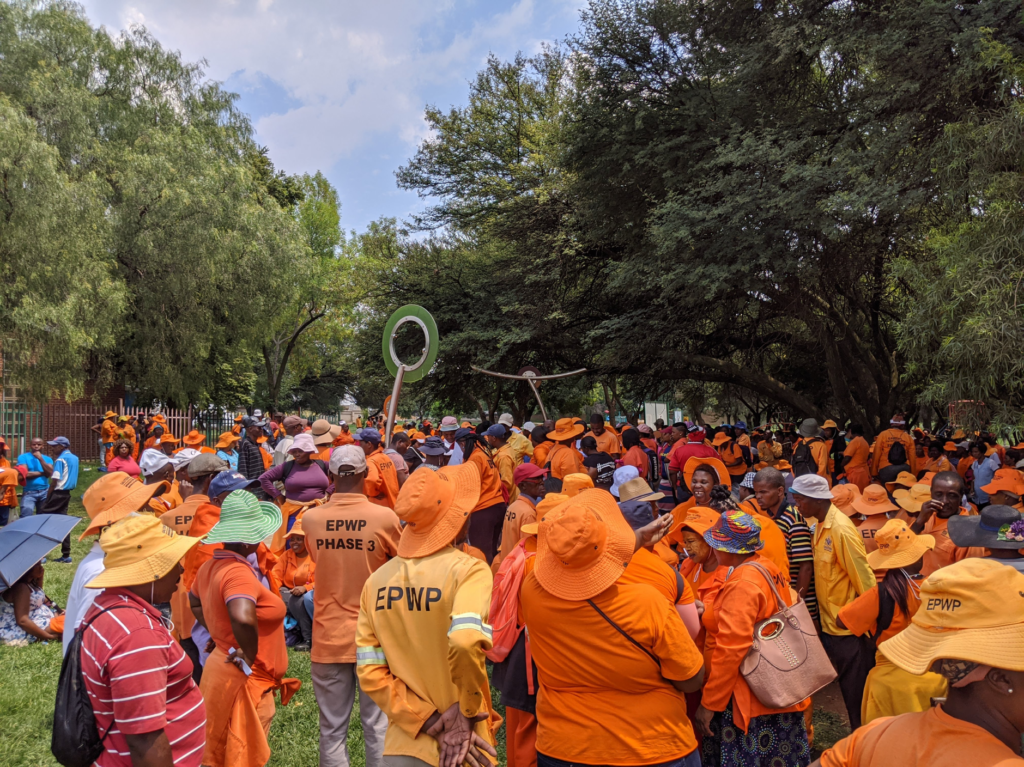
Over the past few decades, public employment programmes (PEPs) have played an increasingly significant role in the systems of social assistance of many low and middle-income countries. With the economies of many countries consistently failing to create enough jobs, or enough good quality jobs, to provide for all citizens, many governments have taken up the task of creating jobs directly through PEPs.
Proponents of PEPs see them as addressing not only the economic, but also the social consequences of widespread unemployment and underemployment, in a way that grants and other forms of social assistance do not. A “job”, in many countries, is seen as a key component of full citizenship. It is thought to promote stability by acting as a “tangible and direct response on the part of the state to the challenge of unemployment, which may enhance citizen perceptions of state legitimacy and capacity”.
Continue Reading…


